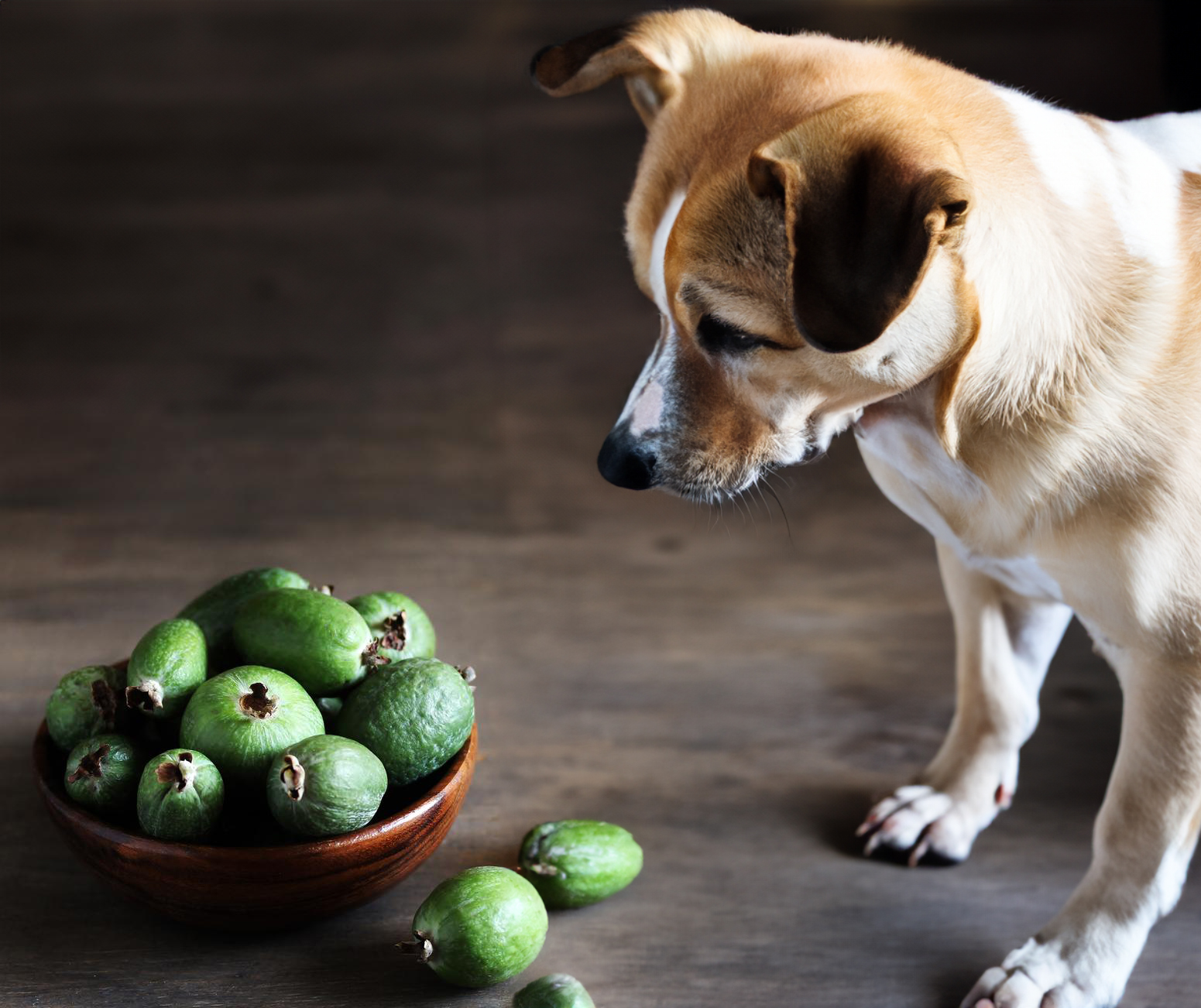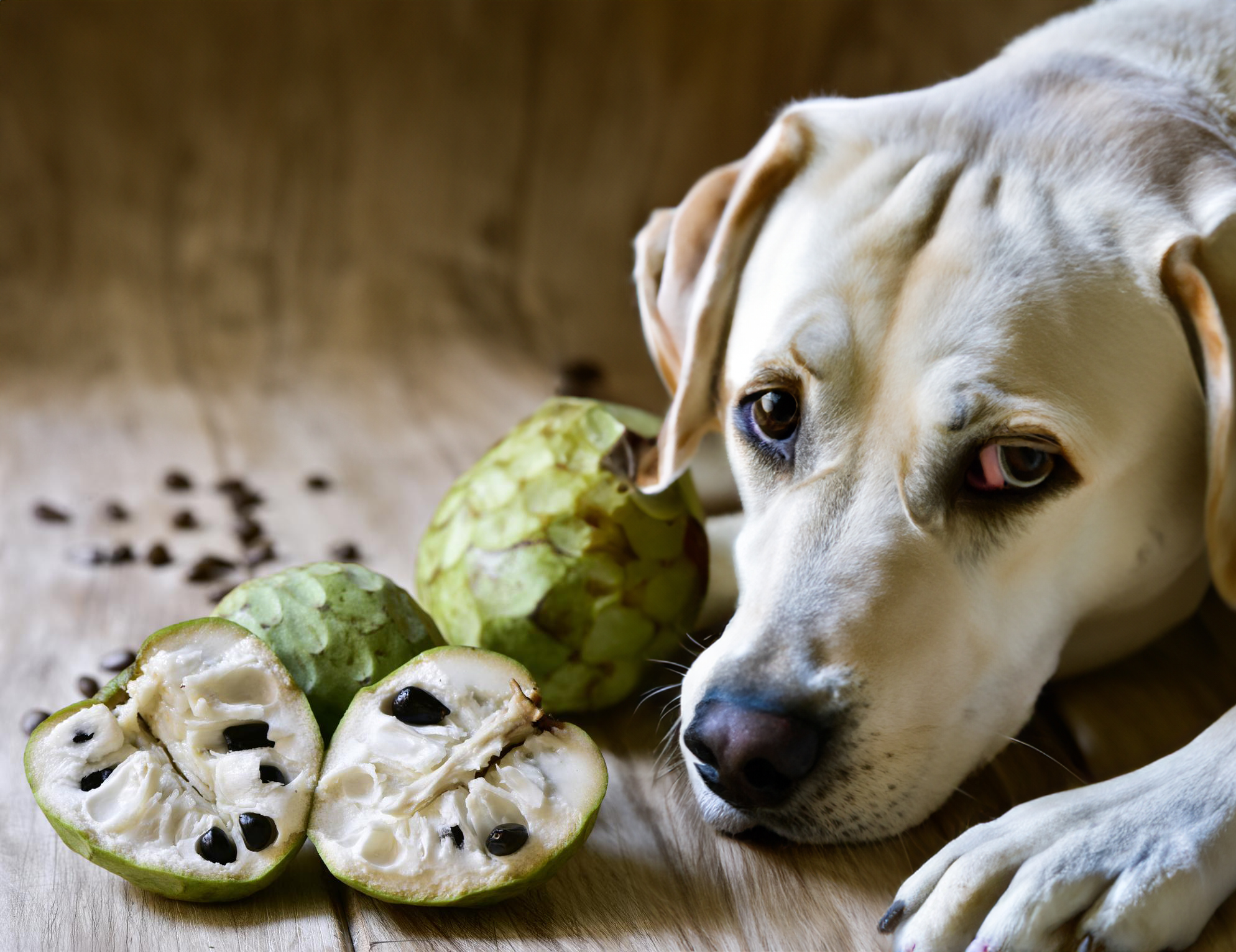If you’ve ever asked yourself “can dogs eat dates?” the answer is yes! While dates are not a necessary part of a dog’s diet, they can safely enjoy this sweet treat in moderation. In this blog post, we’ll explore the sweet truth behind feeding your pup dates and the health benefits that come along with it.
What are Dates?
Dates are sweet, sticky fruits that come from the date palm tree, scientifically known as Phoenix dactylifera. They have a wrinkled exterior and a soft, chewy texture when ripe. Dates are known for their rich flavor, which is a combination of sweetness and caramel-like notes.
These fruits have been cultivated for thousands of years and are widely consumed worldwide. They are not only a tasty snack but also a great source of essential nutrients. Dates are packed with vitamins, minerals, and dietary fiber, making them a healthy choice for humans.
When it comes to dogs, dates can also offer some nutritional benefits. However, it’s important to remember that dogs have different dietary needs than humans. While dates can be a tasty and safe treat for dogs in moderation, they should not replace their regular diet.
In the next sections, we will explore the topic of dogs eating dates in more detail, discussing the potential risks and benefits, as well as how much date is safe for dogs.
Can Dogs Eat Dates?
Dogs can eat dates, but it’s important to proceed with caution. While dates are generally safe for dogs to consume in moderation, there are a few considerations to keep in mind. One of the main concerns is the high sugar content in dates. Too much sugar can lead to weight gain, dental issues, and even diabetes in dogs. Therefore, it’s crucial to offer dates as an occasional treat rather than a regular part of their diet.
Another factor to consider is the size and digestive capacity of your dog. Dates are small and can be a choking hazard, especially for smaller breeds or dogs that tend to gulp their food without chewing. It’s recommended to cut the dates into small, bite-sized pieces to prevent choking.
Additionally, it’s important to monitor your dog for any signs of an adverse reaction to dates. Some dogs may have sensitivities or allergies to certain fruits, including dates. If you notice any gastrointestinal distress, such as diarrhea or vomiting, it’s best to discontinue feeding dates and consult with your veterinarian.
The Benefits of Dates for Dogs
Dates offer several potential benefits for dogs. One of the key advantages is their nutritional value. Dates are rich in vitamins and minerals, including potassium, magnesium, and vitamin B6. These nutrients are essential for maintaining a healthy metabolism, supporting the immune system, and promoting overall well-being in dogs.
Additionally, dates contain dietary fiber, which can aid in digestion and promote regular bowel movements. This is especially beneficial for dogs with gastrointestinal issues or constipation.
Dates also provide natural antioxidants, such as phenolic compounds, which can help reduce inflammation and support the immune system. These antioxidants may play a role in preventing certain diseases and promoting longevity in dogs.
Moreover, dates can serve as a natural energy booster for active dogs, thanks to their natural sugars. They can provide a quick source of energy before or during physical activities or training sessions.
Overall, while dates should not replace a balanced and nutritious diet, they can be a healthy and tasty addition to your dog’s treat options, providing them with essential nutrients and potential health benefits.
Potential Risks of Feeding Dates to Your Dog
While dates can provide some nutritional benefits for dogs, there are potential risks associated with feeding them to your furry friend. One of the main concerns is the high sugar content in dates. Excessive sugar consumption can lead to weight gain and even diabetes in dogs. Therefore, it’s crucial to offer dates as an occasional treat rather than a regular part of their diet.
Another risk is the potential for digestive upset. Dogs may have sensitivities or allergies to certain fruits, including dates. Some dogs may experience gastrointestinal distress, such as diarrhea or vomiting, after consuming dates. If you notice any adverse reactions, it’s best to discontinue feeding dates and consult with your veterinarian.
Additionally, dates contain pits, which can be a choking hazard or cause intestinal blockage if swallowed whole. Always remember to remove the pits and cut the dates into small, bite-sized pieces before offering them to your dog.
Lastly, it’s important to consider your dog’s overall health and any pre-existing medical conditions. If your dog has a specific health condition or is on a special diet, it’s best to consult with your veterinarian before introducing dates or any new foods into their diet.
While dates can be enjoyed by dogs in moderation, it’s essential to be aware of the potential risks and take necessary precautions to ensure your dog’s safety and well-being.
How Much Date is Safe for Dogs?
When it comes to feeding your dog dates, it’s important to do so in moderation. While dates can offer nutritional benefits, they should not replace your dog’s regular diet. The appropriate amount of dates for your dog depends on several factors, including their size, age, and overall health.
As a general rule, it’s recommended to limit the amount of dates to no more than 10% of your dog’s daily caloric intake. This can vary depending on the size of the date and your dog’s specific needs.
To determine the appropriate serving size, it’s best to consult with your veterinarian. They can provide guidance based on your dog’s individual requirements. It’s important to remember that every dog is different, and what may be safe for one dog may not be suitable for another.
When introducing dates to your dog’s diet, start with small amounts and monitor their reaction. Watch for any signs of gastrointestinal distress, such as diarrhea or vomiting. If your dog tolerates dates well, you can gradually increase the amount over time, always keeping in mind the 10% rule.
Remember, moderation is key when it comes to feeding your dog dates. Always prioritize your dog’s overall health and well-being, and consult with your veterinarian for personalized advice.
Creative Ways to Feed Your Dog Dates
If you’re looking for creative ways to incorporate dates into your dog’s diet, there are a few options to consider. One simple idea is to stuff dates with peanut butter. This not only adds a tasty twist to the date but also provides a protein-packed treat for your pup. Just make sure to use peanut butter that doesn’t contain any harmful additives, such as xylitol, which is toxic to dogs.
Another option is to chop up dates into small pieces and mix them into your dog’s regular food. This can add a sweet and chewy element to their meal, making it more enticing and enjoyable. You can also mix dates with other dog-friendly fruits, such as bananas or apples, for a healthy and tasty fruit salad for your pup.
If your dog enjoys frozen treats, you can blend dates with a little water or yogurt and freeze them in ice cube trays. This creates a refreshing and nutritious treat for those hot summer days.
Lastly, you can try making homemade dog treats using dates as a main ingredient. There are numerous recipes available online that use dates as a natural sweetener. Just make sure to use dog-safe ingredients and avoid any harmful additives or sweeteners.
Remember, always consult with your veterinarian before making any changes to your dog’s diet, including introducing dates or new treats. They can provide guidance on appropriate portion sizes and offer personalized advice based on your dog’s specific needs.










